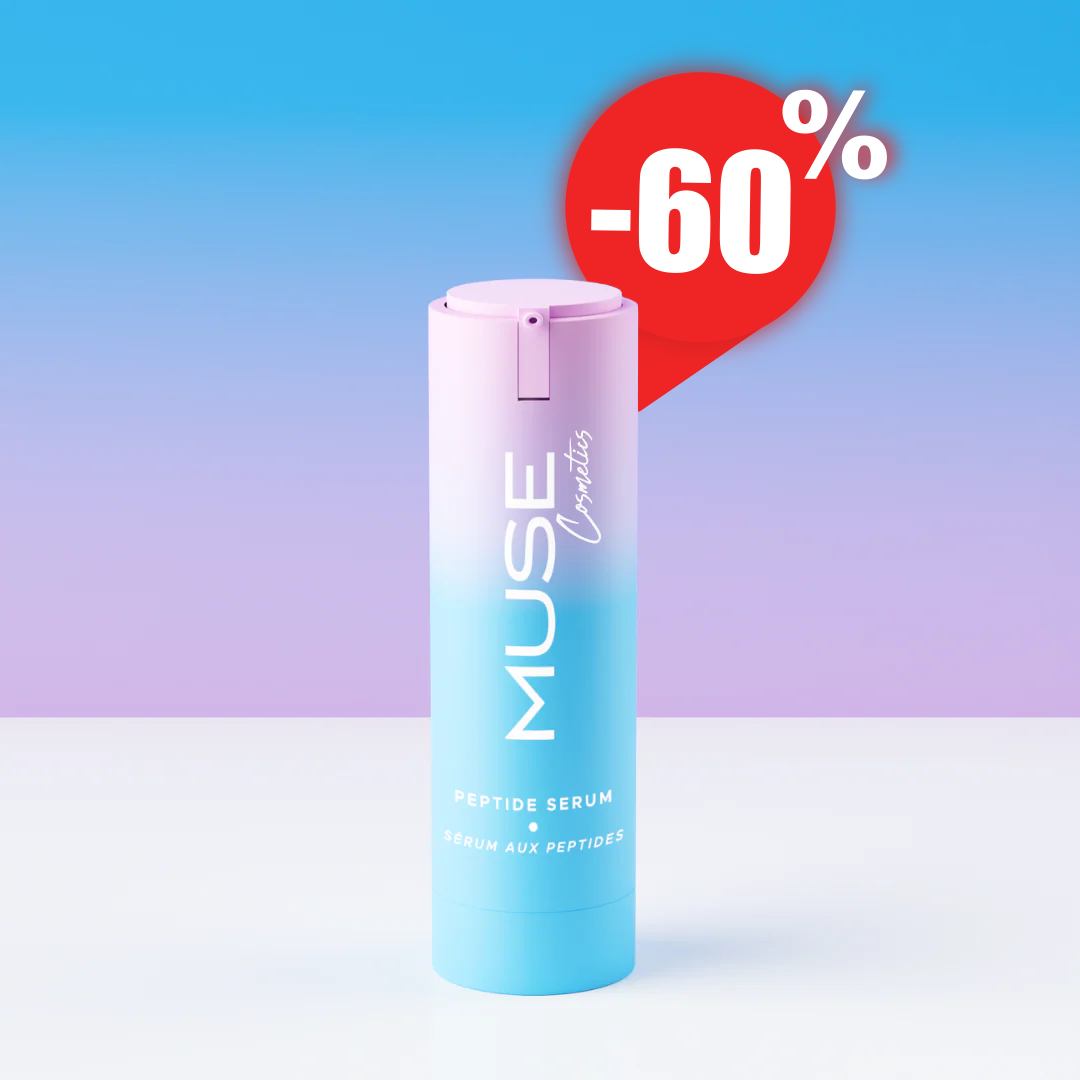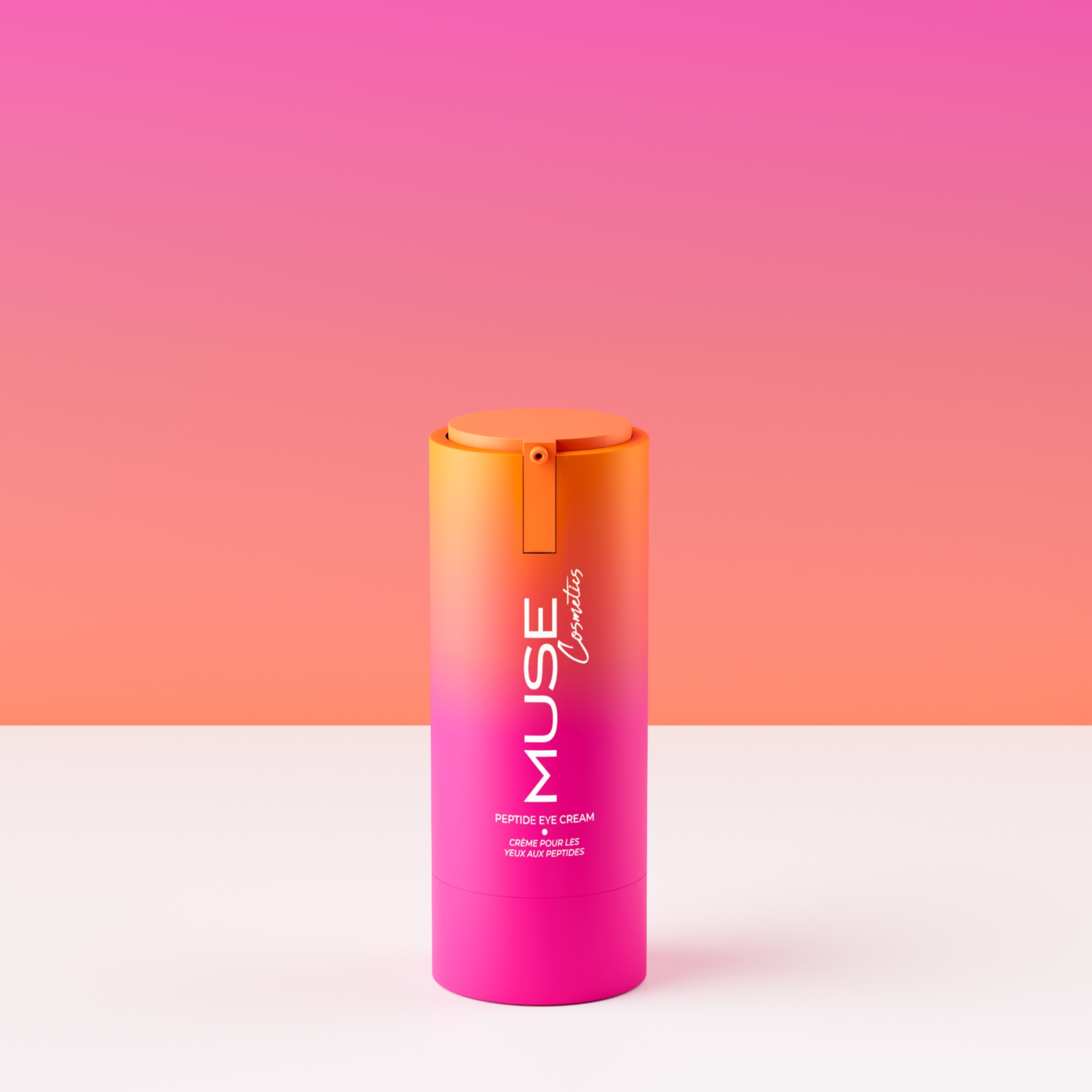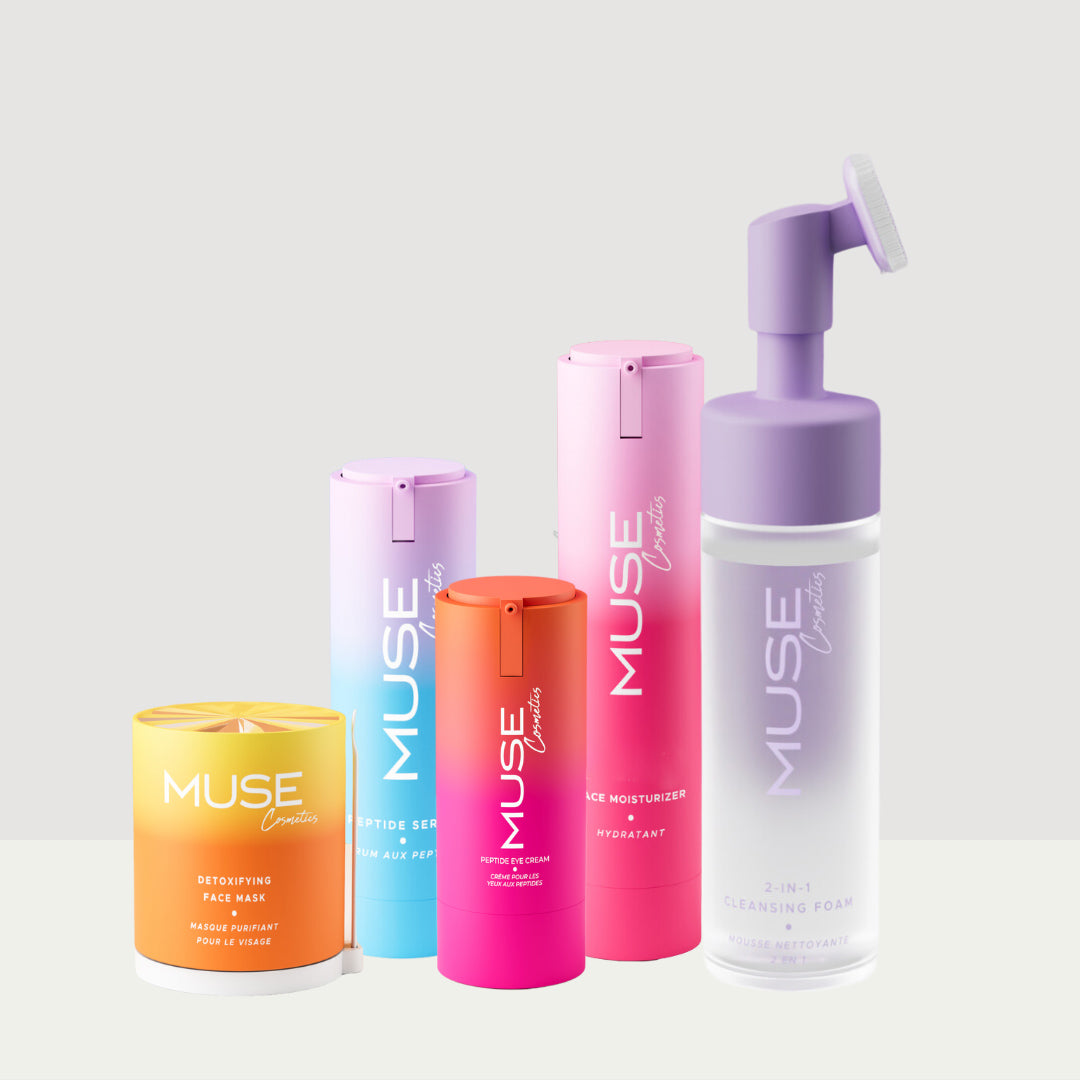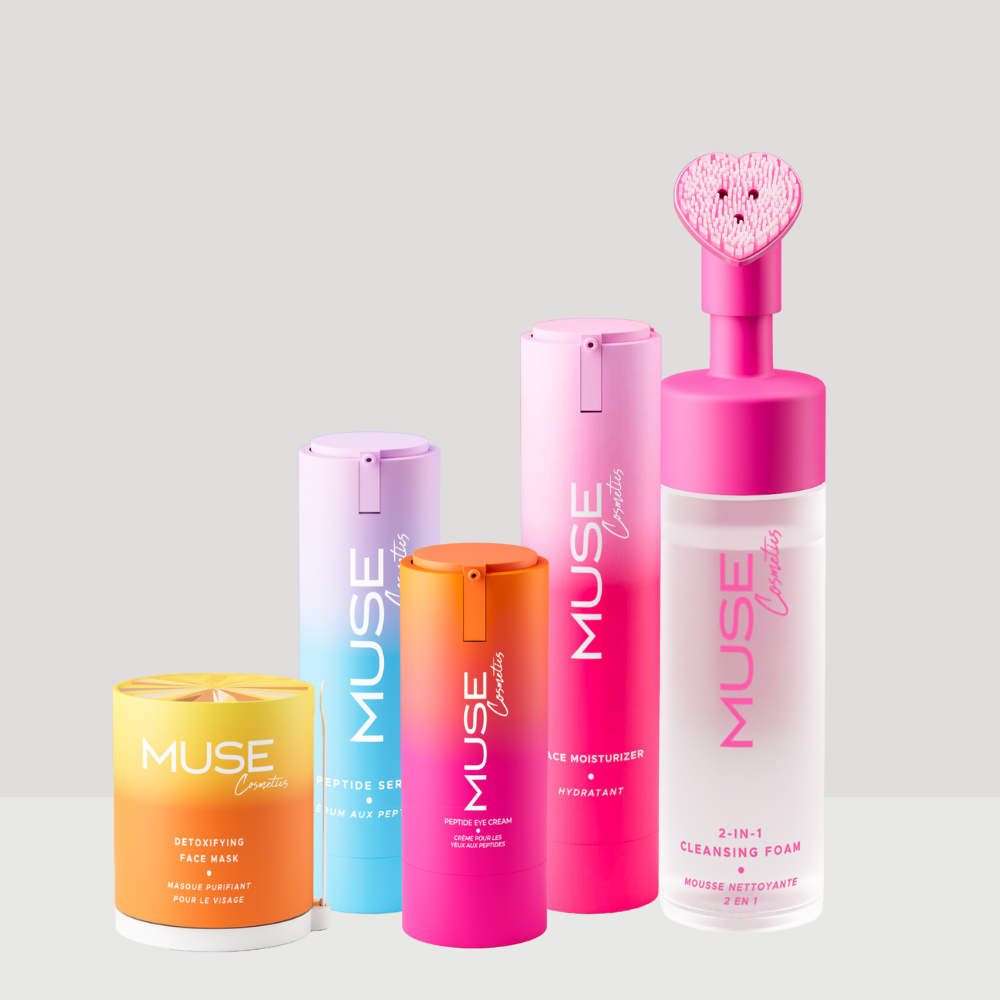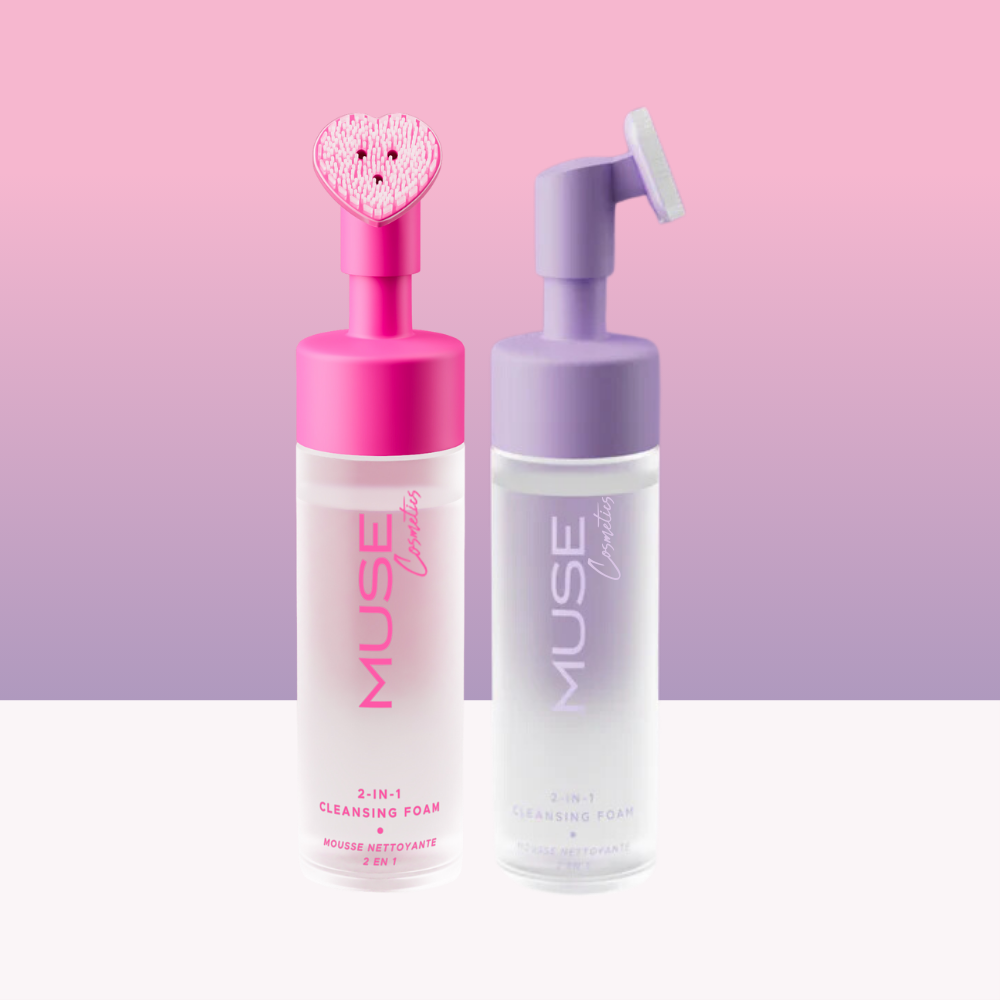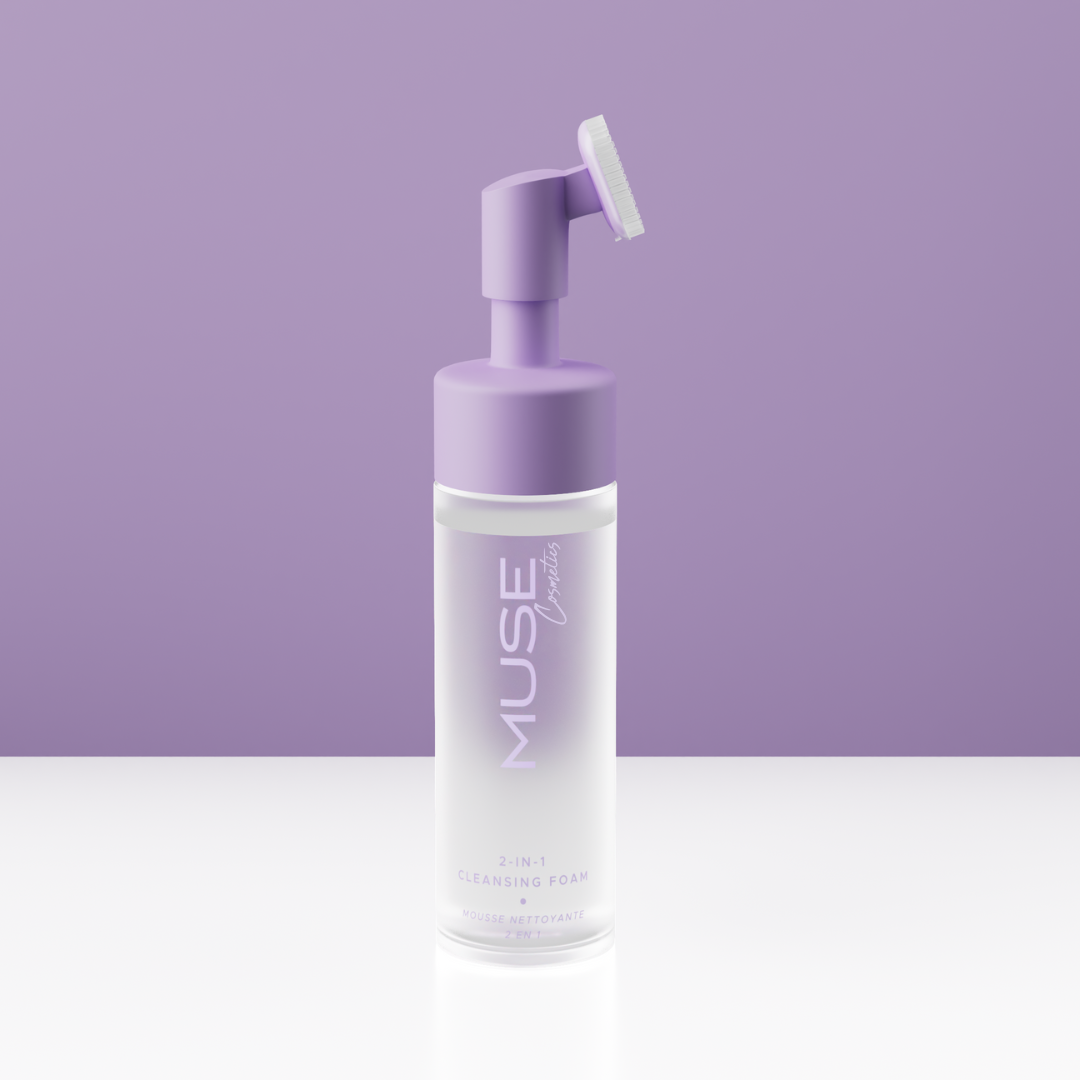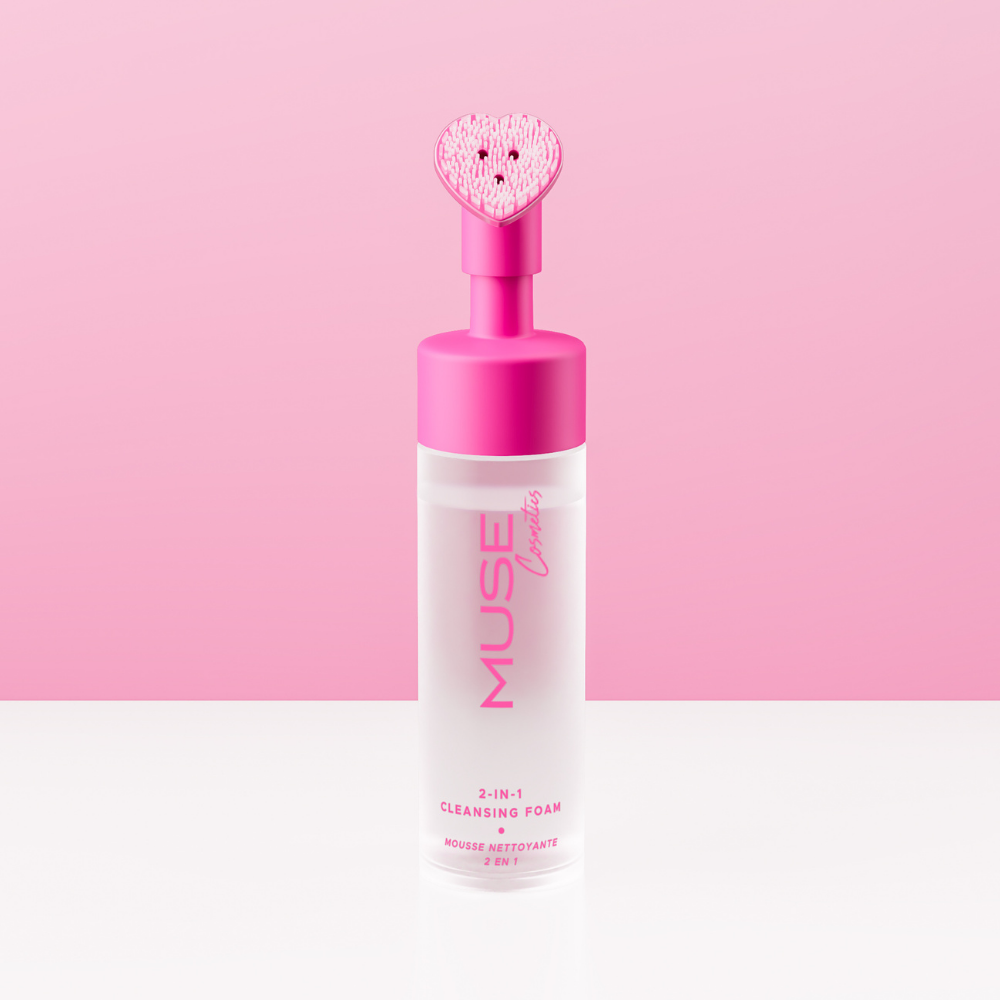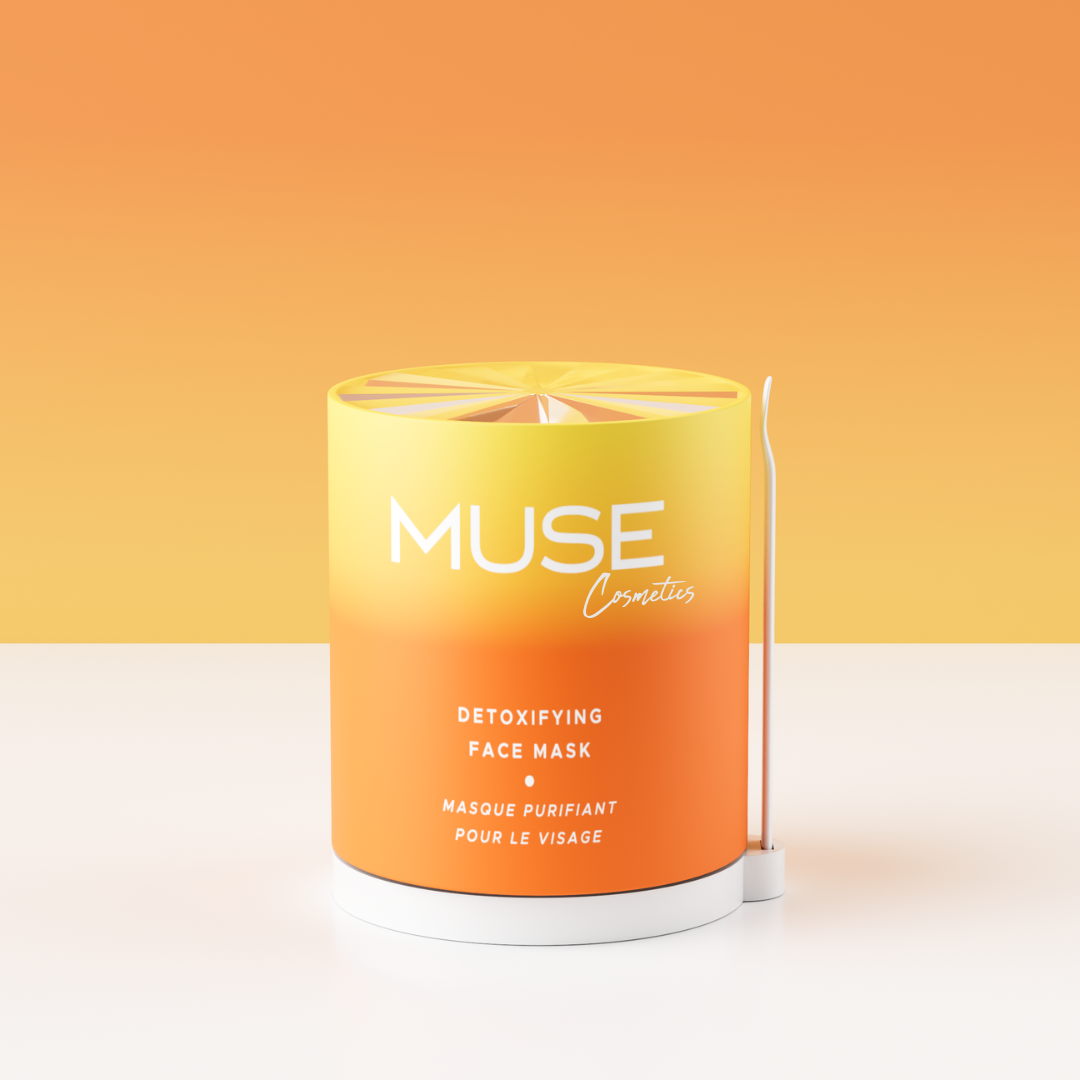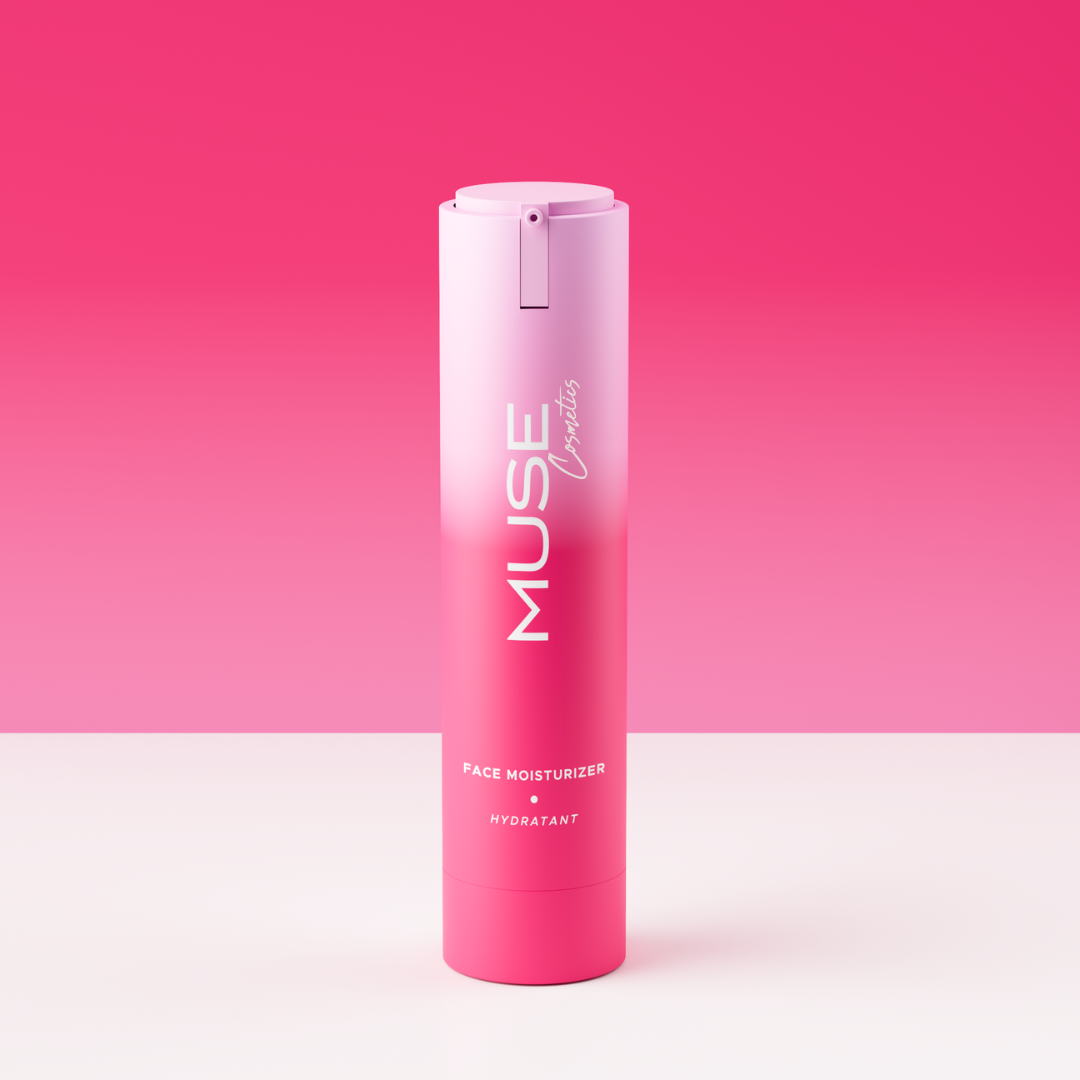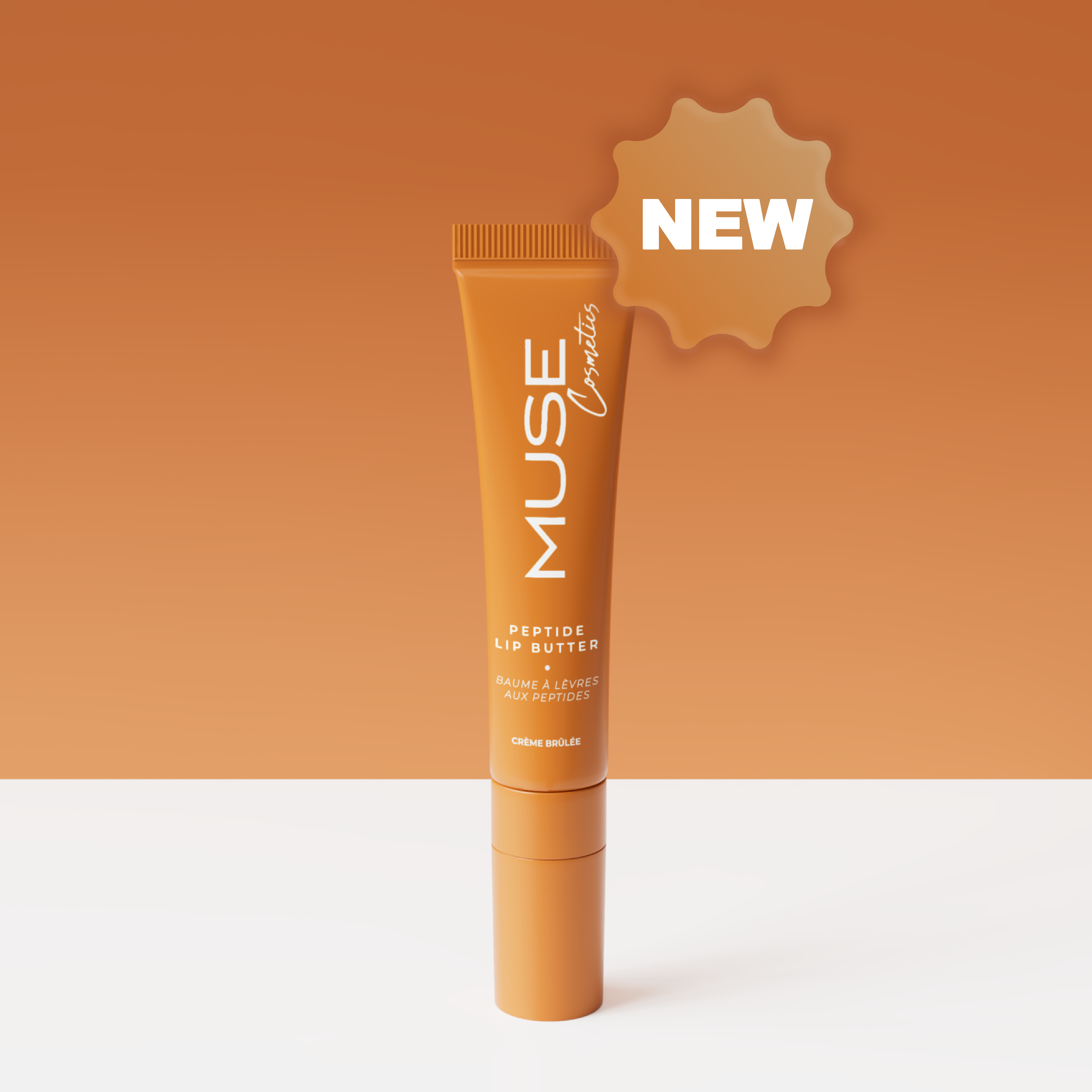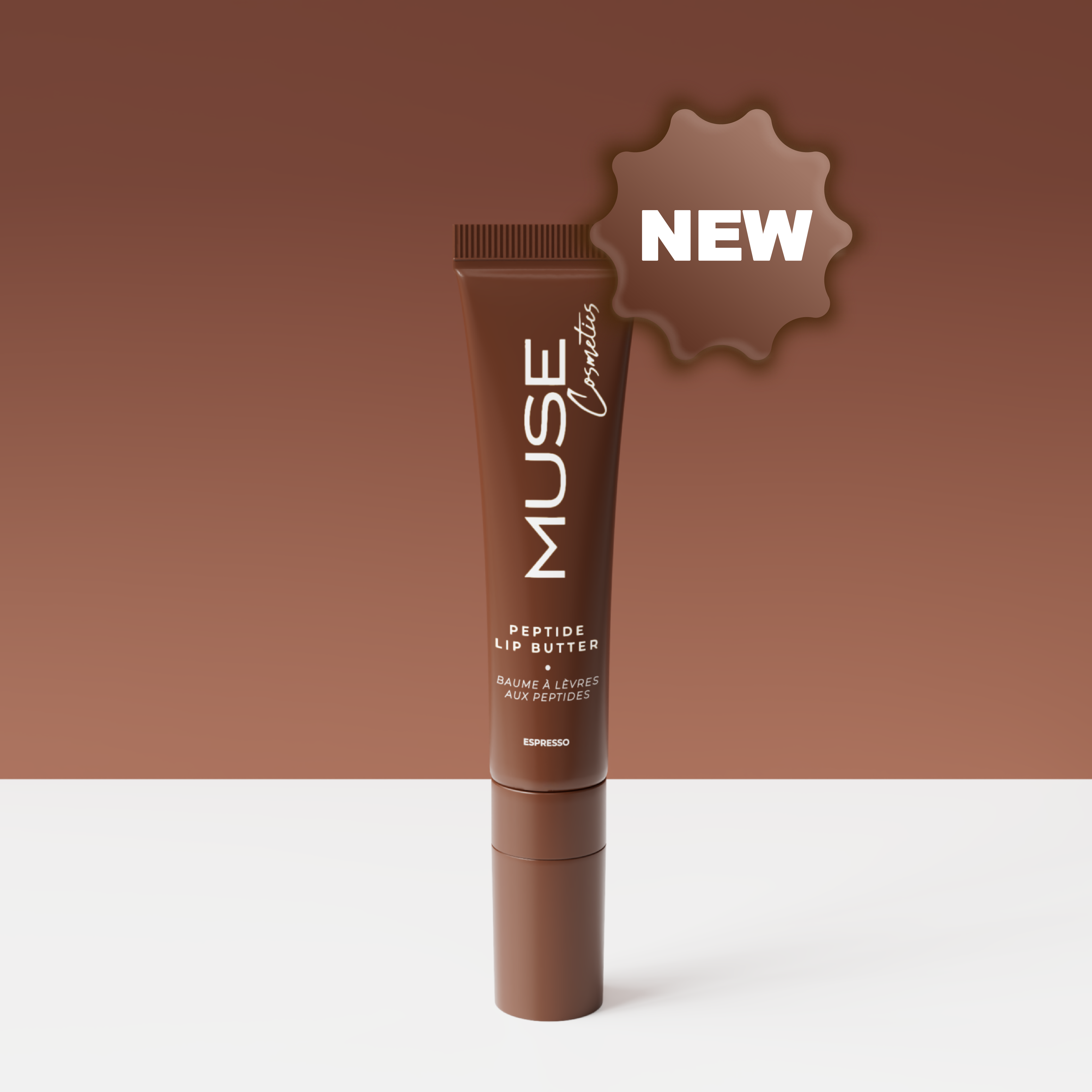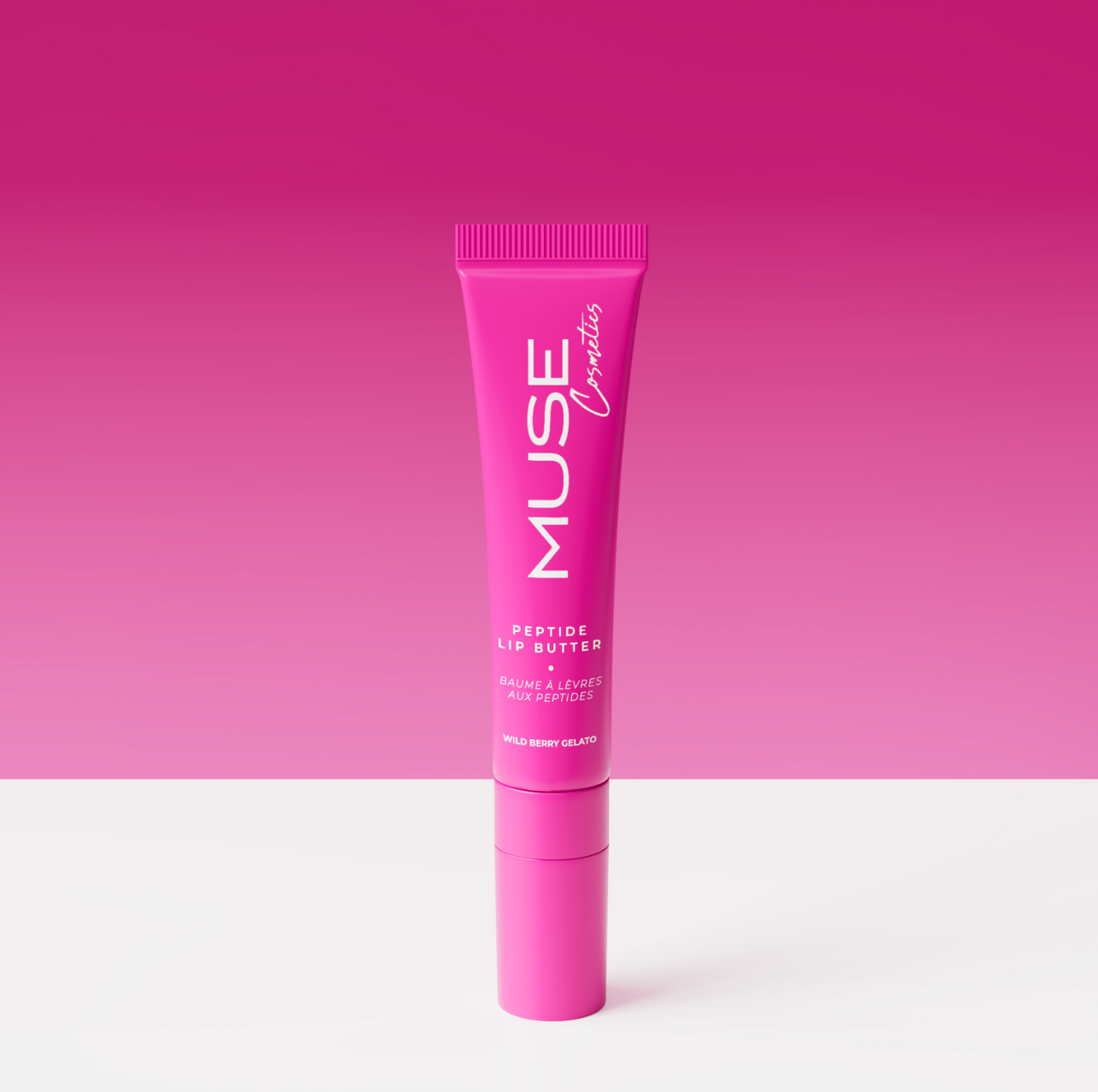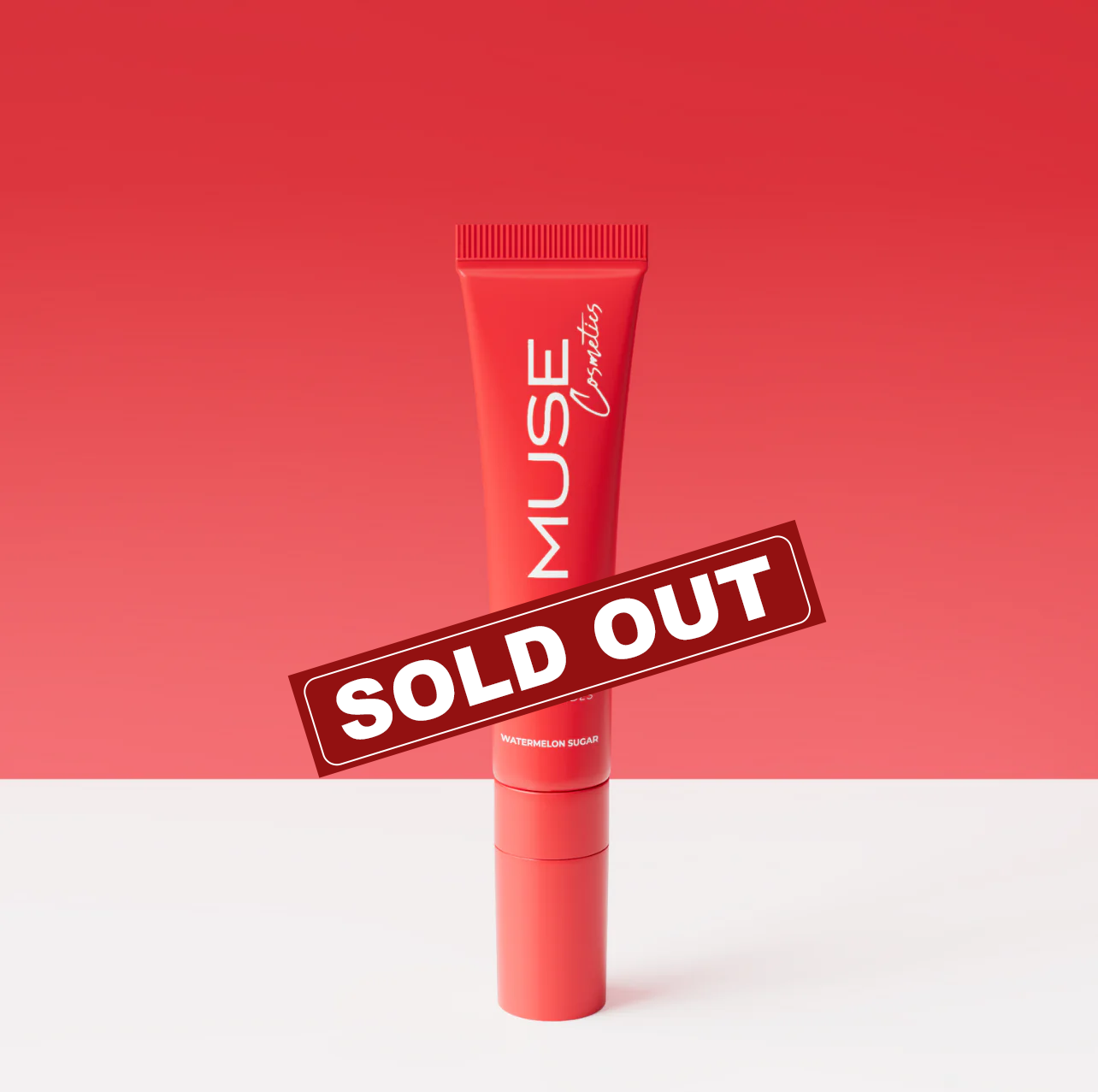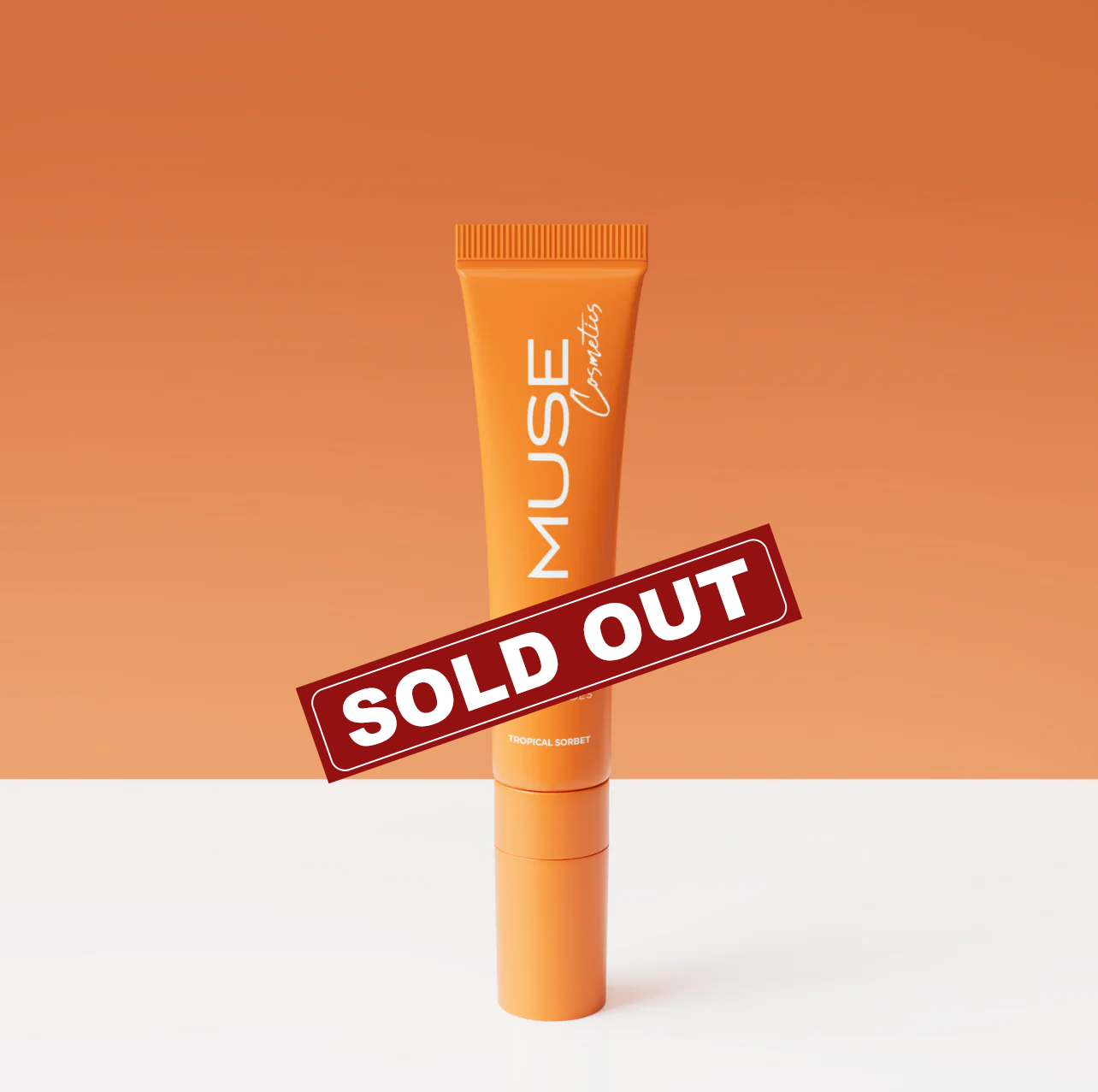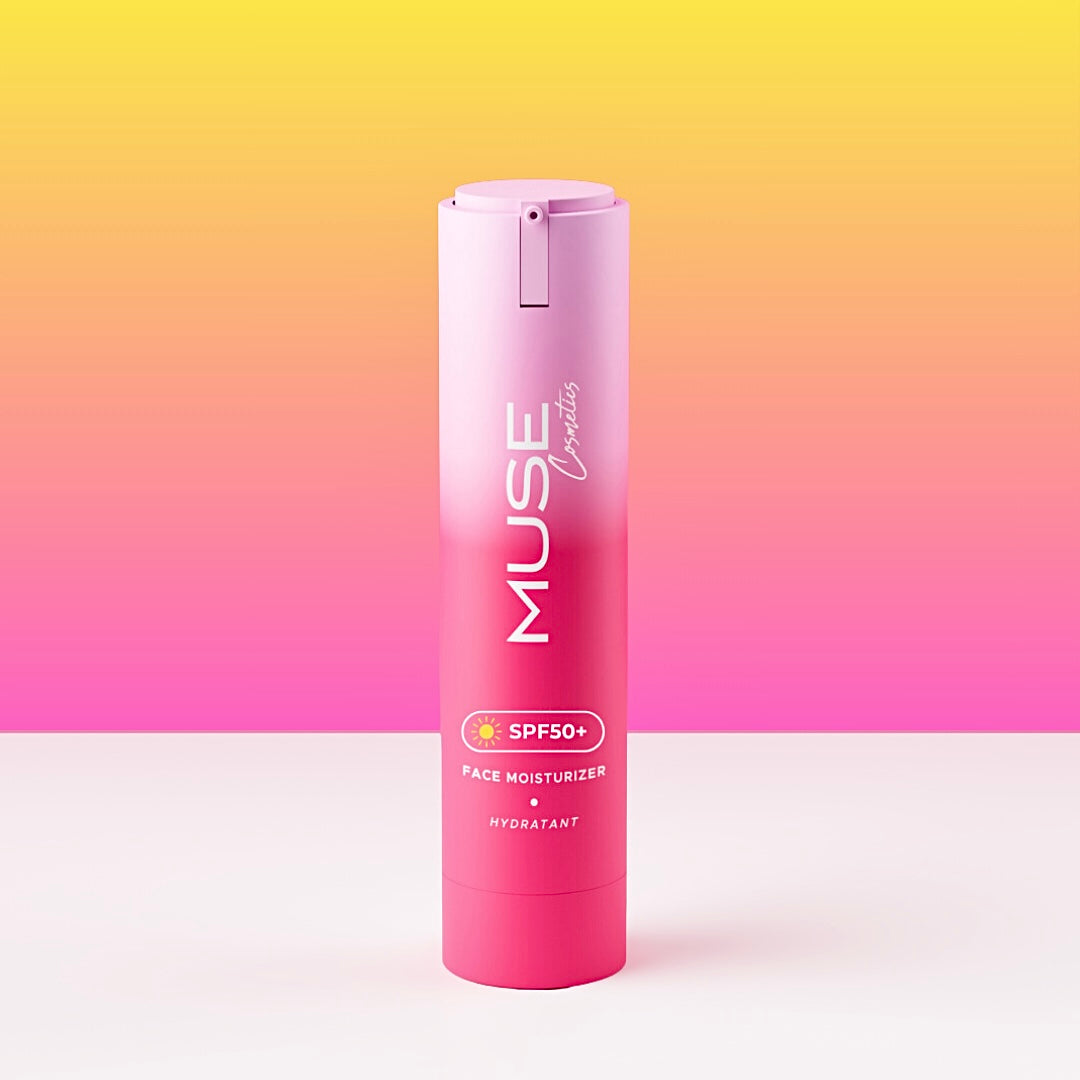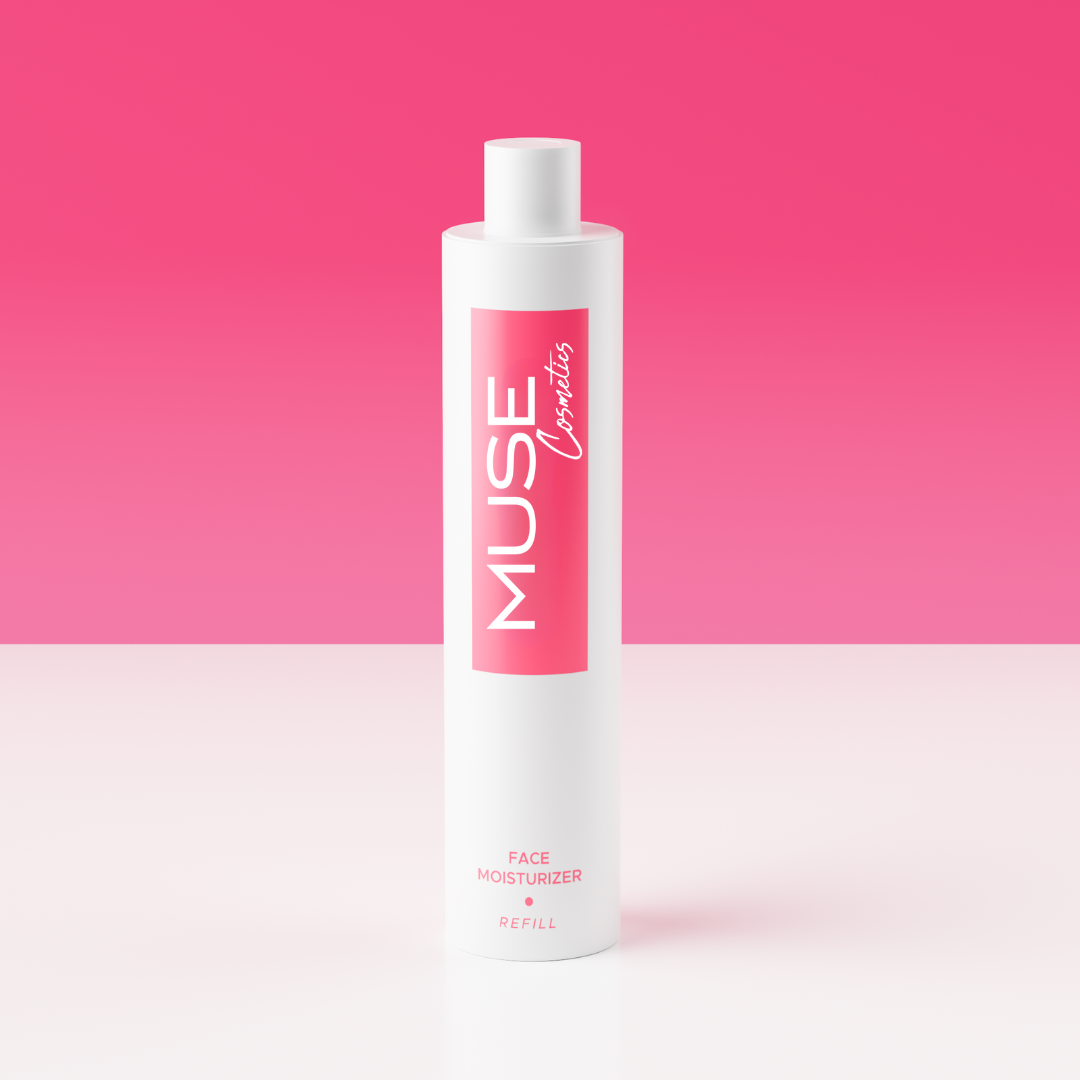What are peptides and why do I need them in my skin care?

Peptides are a commonly used ingredient in facial skin care, but also often go misunderstood. We know it's good to have them, but we don't know why? We dive into this complicated topic to explain to you exactly what peptides are and why we need them in our routine.
What are peptides?
To understand peptides, we will need a little chemistry. We need to think of them in their chemical relationship to two other elements - amino acids and proteins. Peptides are short chains of amino acids that make up proteins like collagen and elastin. The body is made up of thousands of different proteins, each with a specific function. Collagen is the most abundant protein in the body and makes up an impressive 75% of our skin.
These proteins, such as collagen and elastin, are continuously regenerated and replaced throughout our lives. For this reason, we need a healthy supply of their building blocks (amino acids) to replenish them. So we come to the question: where can we get them? Amino acids usually come from our diet via protein. The body breaks them back down to amino acids, then reassembles them into new peptides and proteins. Have we confused them further? Let's get to the more important part.
What do peptides do in the skin?
There is a difference between the way the body uses peptides and the way we use them in skin care. Peptides in skin care help replenish proteins like collagen and elastin that deplete over time. They have advantages over complete proteins, which are too large to penetrate the skin, and amino acids, which are unable to convey specific messages.
Peptides can work in different ways and have different effects on the skin depending on the specific combination of amino acids they are composed of. It is important to note that the efficacy of peptides depends on their type and their concentration in the product, as well as the delivery system to the skin. For example, our peptide serum nourishes и awakens the skin by activating Specifically the natural production of collagen and elastin. It helps the skin in its natural processes. Our innovative multi-peptide complex successfully fights the signs of time, and the combination of hyaluronic acid and vitamin C leaves the skin deeply hydrated and with an even complexion.
What are the different types of peptides in skin care?
There are four key types of peptides that are used in skin care.
Signal peptides: which "send" signals to the skin to promote the production of proteins such as collagen and elastin.
Neurotransmitter inhibitory peptides: Which help block the release of chemicals that cause the muscle contractions of expression furrows. They act in a similar way to Botox to soften existing lines and prevent new ones from forming.
Carrier peptides: Assist in "carrying" elements that help form proteins (such as collagen and elastin) to where they need to be.
Enzyme inhibitory peptides: Help prevent the breakdown of existing collagen and elastin.

Are peptides suitable for all skin types?
Peptides are generally considered non-irritating and can therefore be well tolerated by all skin types - even sensitive skin. This is mostly due to the fact that they don't need to be used at an extreme rate, don't have a low pH, and their mechanism of action doesn't cause them to do things like speed up cell turnover (which can cause irritation). Peptides also already exist in the skin, so they are not introducing something new, but rather replenishing lost stores.
When in my routine should I use peptides?
Unlike other powerful actives such as retinoids and alpha-hydroxy acids, peptides will not increase sun sensitivity, so they can be used at any time of day. To have the maximum opportunity to work their magic, they are best used after cleansing or exfoliating the skin.



